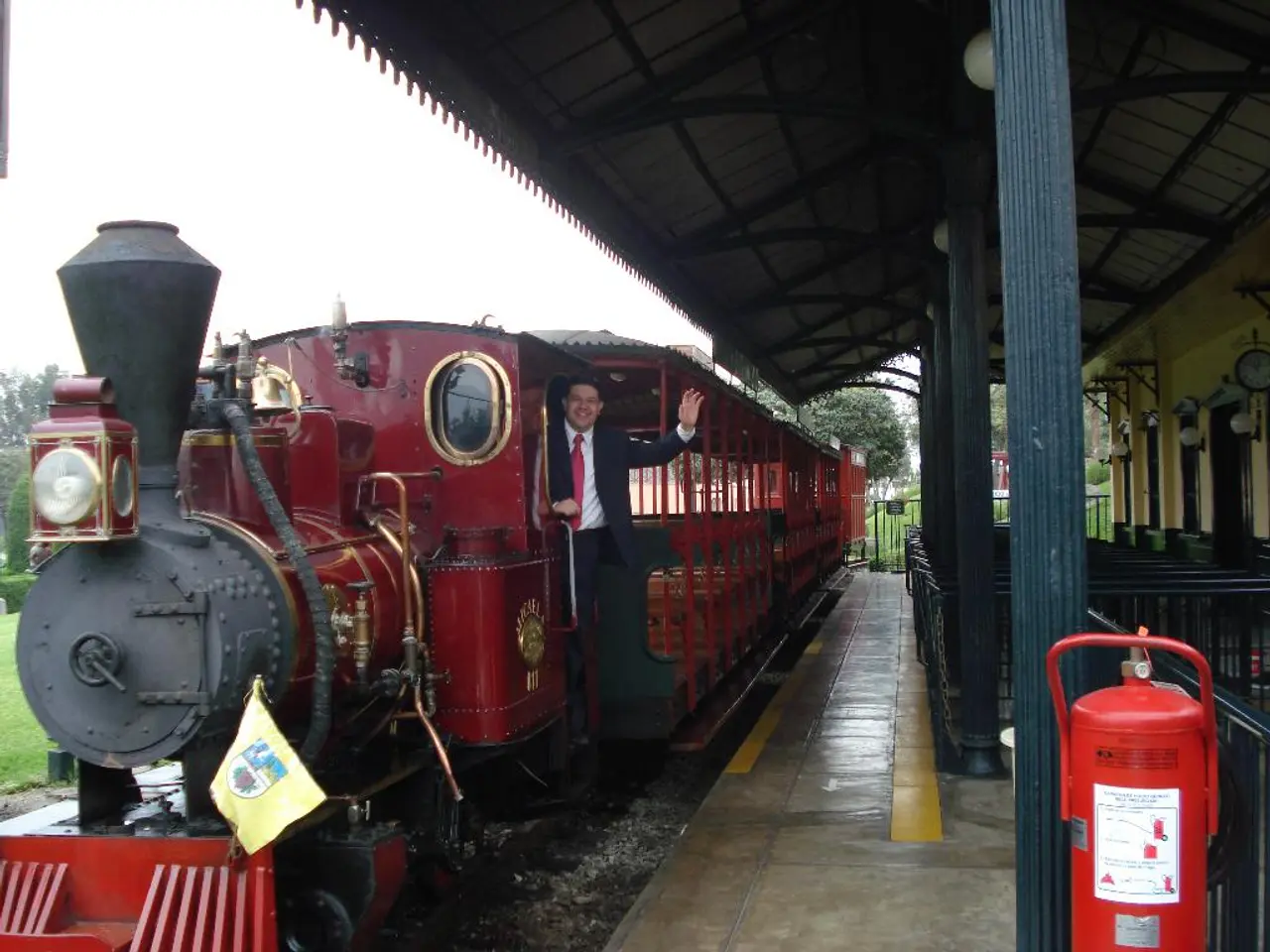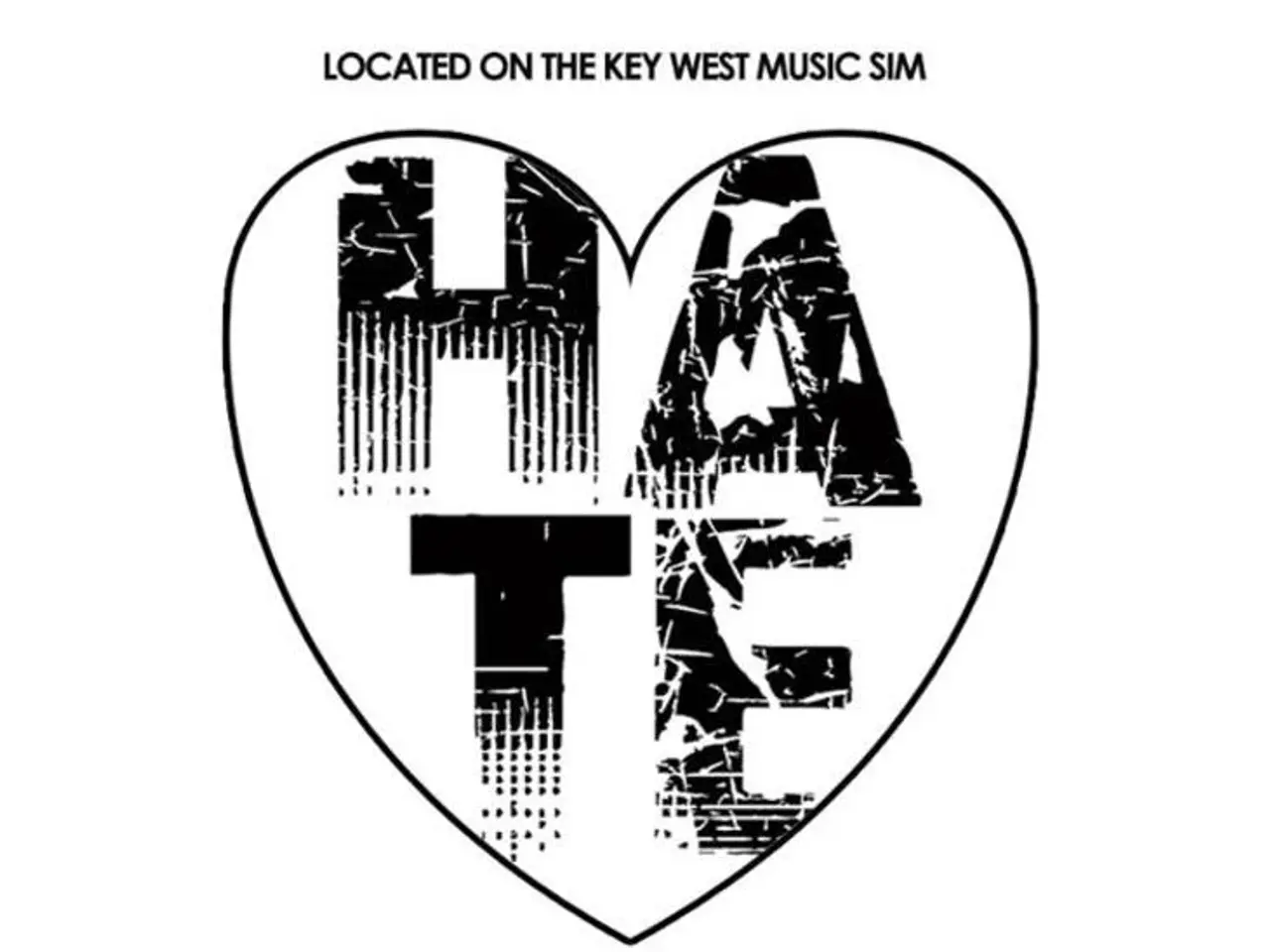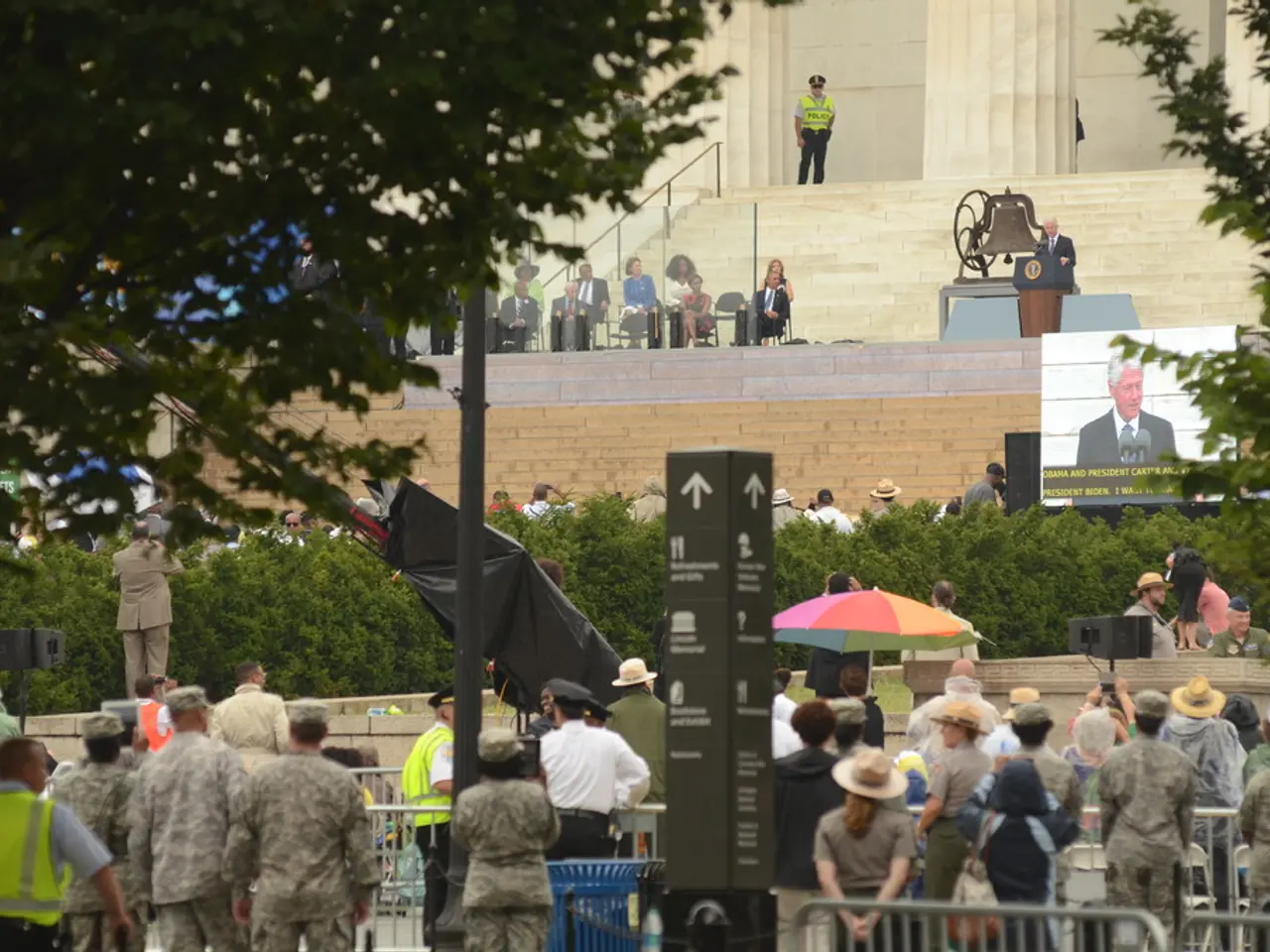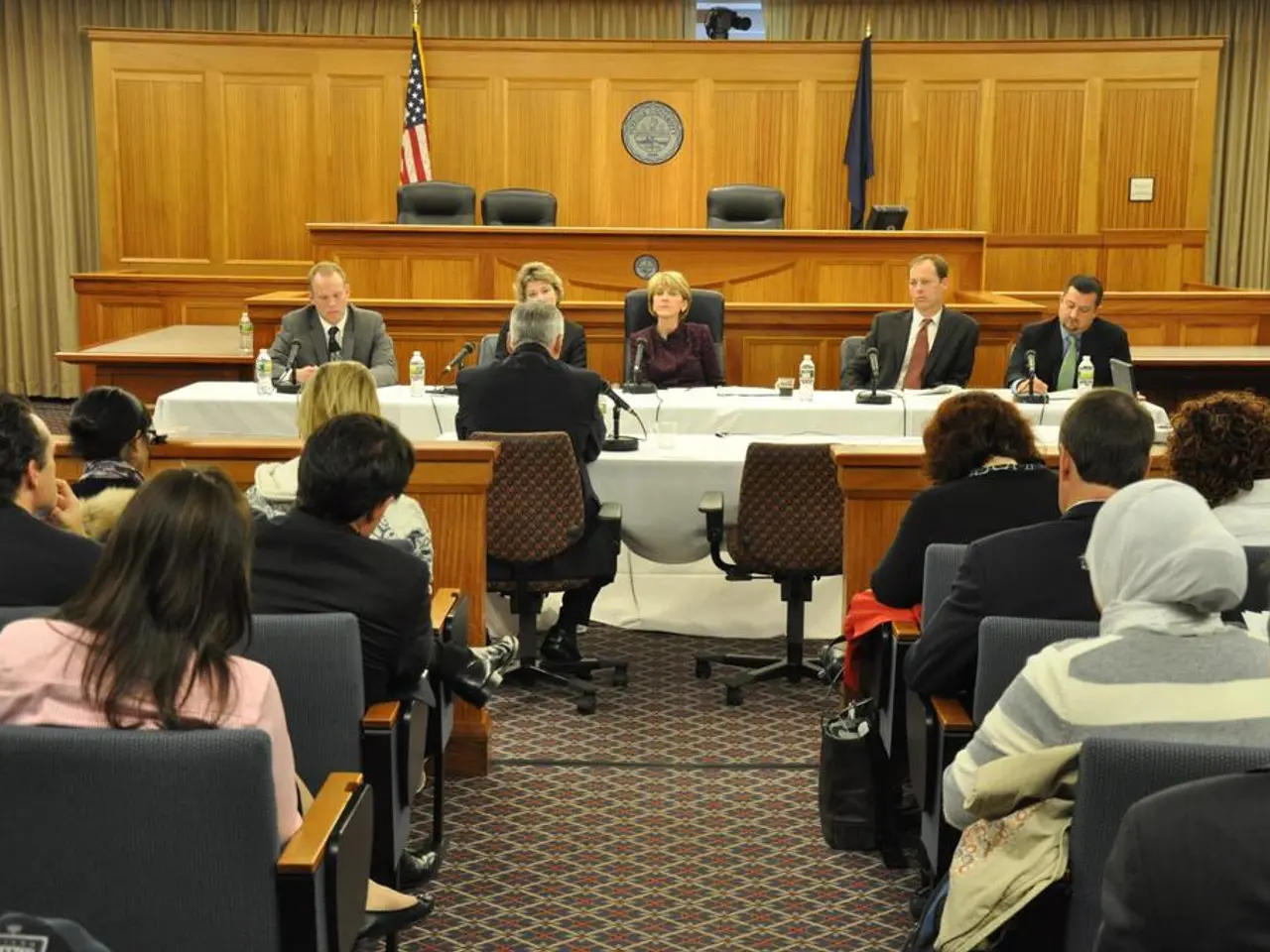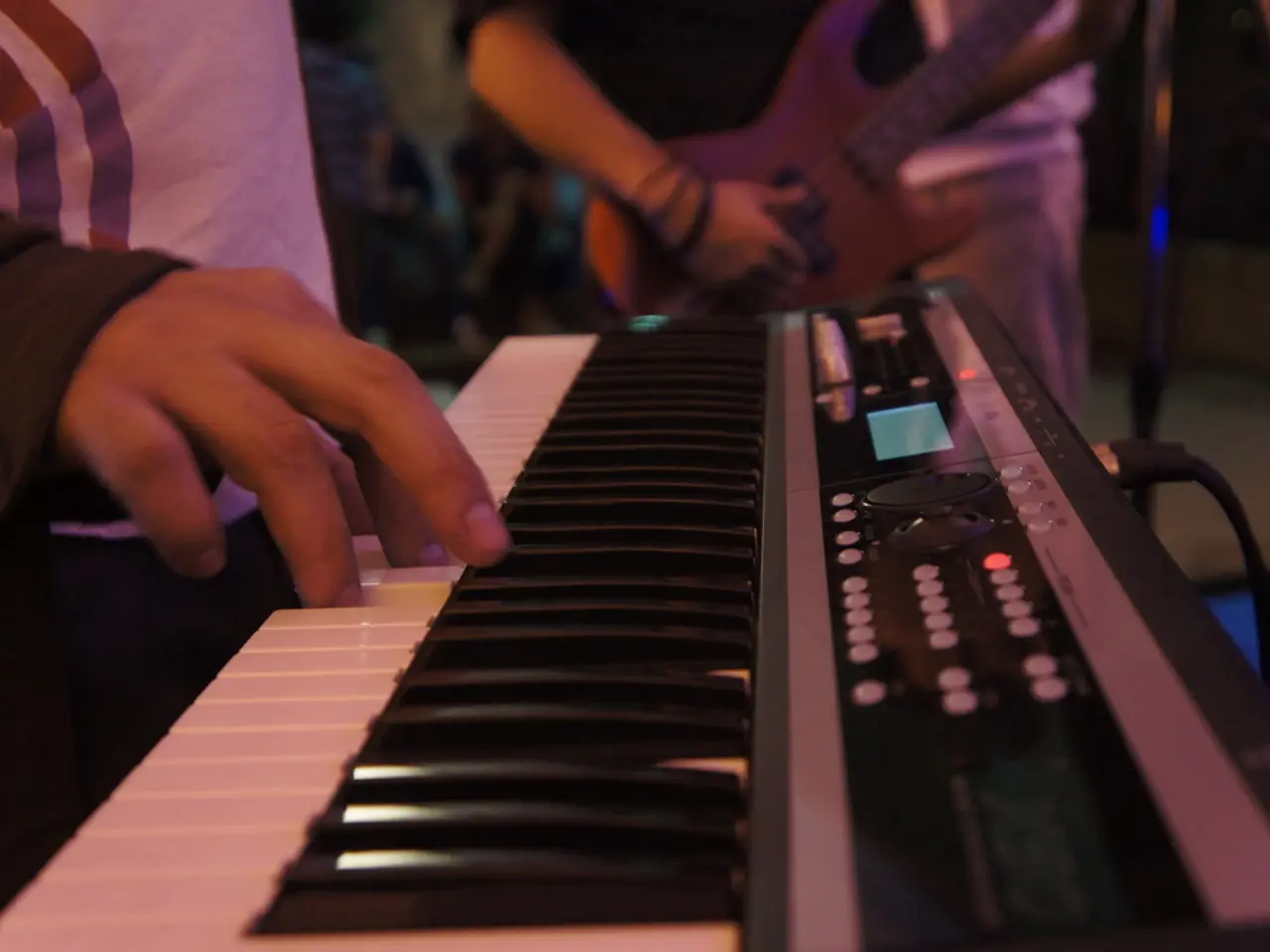Flaming Fiasco in Erfurt: Was It a Russian Attack on the German Army?
Kremlin broadcasts proudly announce an offensive against the German Army in Erfurt
In the early hours of Sunday in Erfurt, a dramatic scene unfolded as several German Army trucks went up in flames. The authorities suspect arson, and while the investigation is ongoing, Russian propaganda channels are claiming the attack as a Russian victory.
The Russian propaganda machine has been churning out images and a video of burning German Army trucks, blatantly asserting the act as a Russian-led assault. The content, interestingly, appeared before the arrival of the police or firefighters, hinting that the footage might have been captured from the premises of the German Army's service partner, MAN, where the incident took place.
Two images depict the trucks undamaged before the incident, while a video captures the fire in its early stages, with no emergency services on the scene. Flames could be seen consuming the vehicles from the front axle, reducing four trucks to ashes and damaging two others.
Although Russian channels credit the attack to Russia, the authenticity of their claims is yet to be verified. The term "Erfurt" was repeatedly invoked in these channels, with over 1.2 million users exposed to the posts. However, the German Army has not yet confirmed whether the trucks were intended for Ukraine, contrary to the propagandists' assertions.
In response, the German criminal police are probing arson, with a spokesperson reiterating that they are scrutinizing the image materials for their veracity.
A String of Unexplained Fires
This incident in Erfurt has some similarities with two previous occurrences: a fire incident in the Lower Saxony town of Soltau, over two weeks ago, and another incident in Berlin in May. In both cases, six German Army vehicles went up in flames, but no official claims of responsibility have been made.
The latest attack, like its predecessors, remains claimless. Nevertheless, the lack of publicly declared responsibility shouldn’t be taken as a sign of the absence of one. As we've seen from the left-wing extremist internet platform Indymedia, groups like "Agenda2029" have previously claimed responsibility for such acts, targeting German military infrastructure as a means to sabotage the preparations for war.
It's crucial to remember that even though formal responsibility remains unclaimed, the attacks may have originated from organized groups. As investigations continue, it's important to stay informed and vigilant.
Sources: ntv.de, mpa/dpa
- German Army
- Erfurt
- Attacks
- Russia
- Kremlin
- Fire
Enrichment Data:
- The German Army trucks on fire in Erfurt were targeted in a suspected act of arson. The attacking forces managed to breach the secured military zone without authorization, compromising the installation’s security measures.
- The attacking group appears to be organized, looking at the pattern of the three incidents involving German Army vehicles going up in flames within a short span. This repeated targeting of military vehicles could signify a concerted sabotage attempt against NATO military logistics and Germany’s support for Ukraine.
- While the official claims of responsibility remain unproved, previous incidents have shown that organized groups like "Agenda2029" might be responsible for these acts.
- The Russian propaganda channels' claims of responsibility for the arson attack reflect the broader Kremlin's campaign of disinformation and destabilization, aimed at undermining the NATO's military readiness.
The European Union, as a major player in the world of information and communication technology, is crucial in the info-war landscape, especially with the Kremlin's persistent campaign of disinformation and destabilization. The recent attacks on German Army trucks in Erfurt, Soltau, and Berlin, which are yet to have an official claim of responsibility, are allegedly orchestrated attacks, possibly by organized groups like "Agenda2029," who have demonstrated a history of targeting German military infrastructure. In the midst of this, Russian propaganda channels are exploiting these incidents, claiming credit for the attacks on German Army vehicles, leading to concerns about war-and-conflicts and crime-and-justice implications in Europe.
